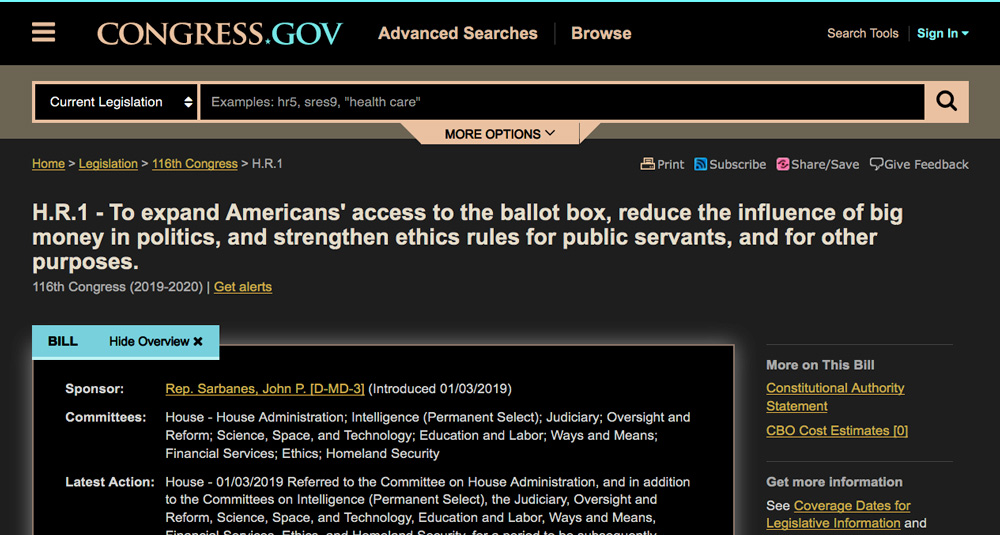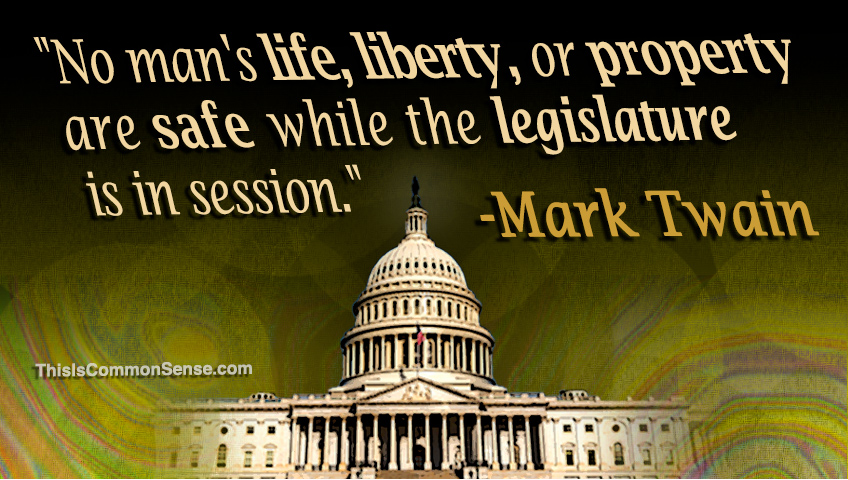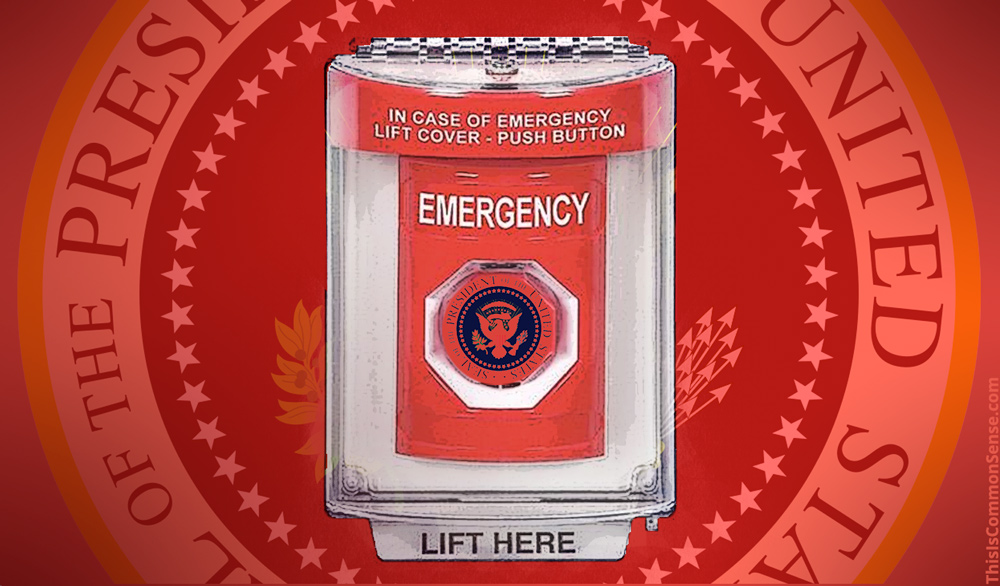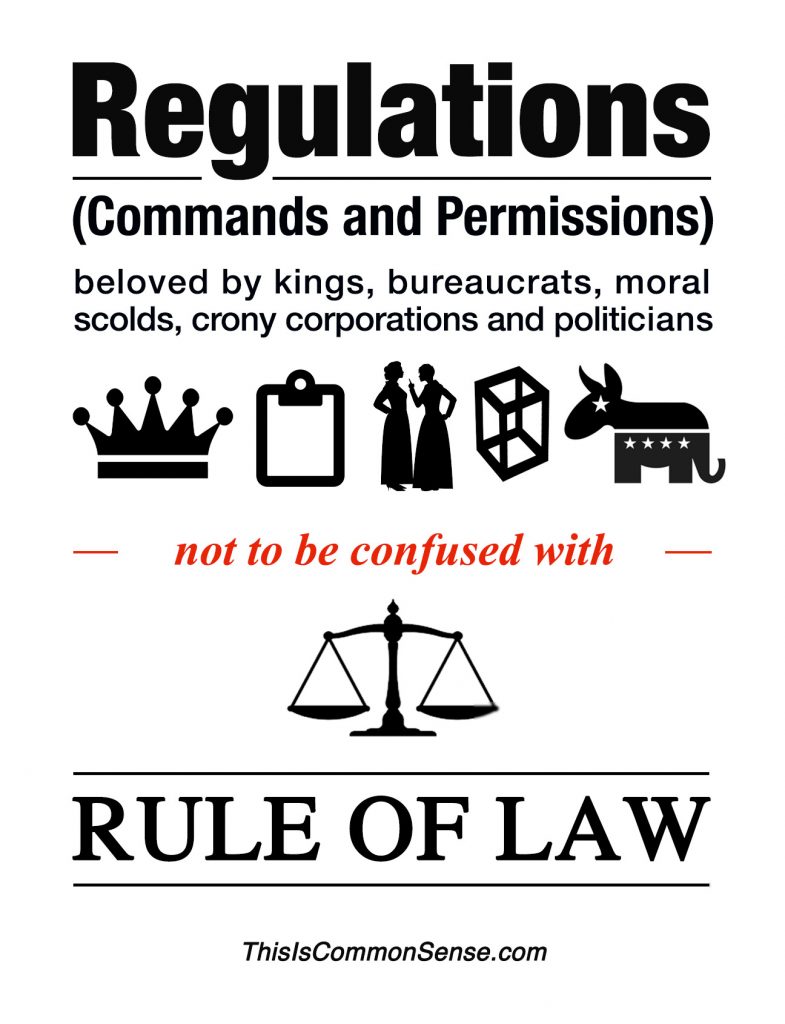Surely there’s something good in the first legislation put forth by the brand-new Democratic House majority — though nothing jumps to mind.
The 571-page smorgasbord bill “addresses voting rights, corruption, gerrymandering and campaign finance reform,” writes Thomas Edsall in The New York Times, “as well as the creation of a Select Committee on the Climate Crisis — a first step toward a ‘Green New Deal.’”
H.R. 1 would mandate that states adopt automatic voter registration, a step too far. It establishes a system of public subsidies for candidates running for Congress, with taxpayers forking over a six-to-one match on donations of $200 or less.
The legislation also empowers* the Federal Election Commission, including by ending its supposedly “neutral” composition, i.e. an equal number of Democrat and Republican commissioners. This would either allow the FEC to be more “decisive” or unleash the dogs of partisan political witch hunts … depending on the case and/or your politics.**
Speaker Nancy Pelosi (D‑Calif.) and Rep. John Sarbanes (D‑Md.), the lead sponsor of the legislation, bill it as the best way “to rescue our broken democracy.”
“It should be called the Democrat Politician Protection Act,” argues Senate Majority Leader Mitch McConnell in the Washington Post.
David Keating, president of the Institute for Free Speech, tells NPR, “A lot of [H.R.1] looks to be unconstitutional.”
No problem, for one provision calls for a constitutional amendment to partially repeal the First Amendment, so to authorize Congress to regulate campaign spending and speech.
Remember: the First Amendment is a single sentence, a mere 45 words.
Succinct and effective.
The former does not apply to this new bill, and the latter, I hope, does not apply to this new Congress.
This is Common Sense. I’m Paul Jacob.
* Let’s not give greater power to the FEC, which, according to a federal judge, “acted arbitrarily and capriciously and contrary to law” in the 2016 election.
** Of course, for Ross Perot in the 1990s or Libertarians, Greens and independents today, that “bipartisan” make-up isn’t neutral but stacked like a Star Chamber

—
See all recent commentary
(simplified and organized)









